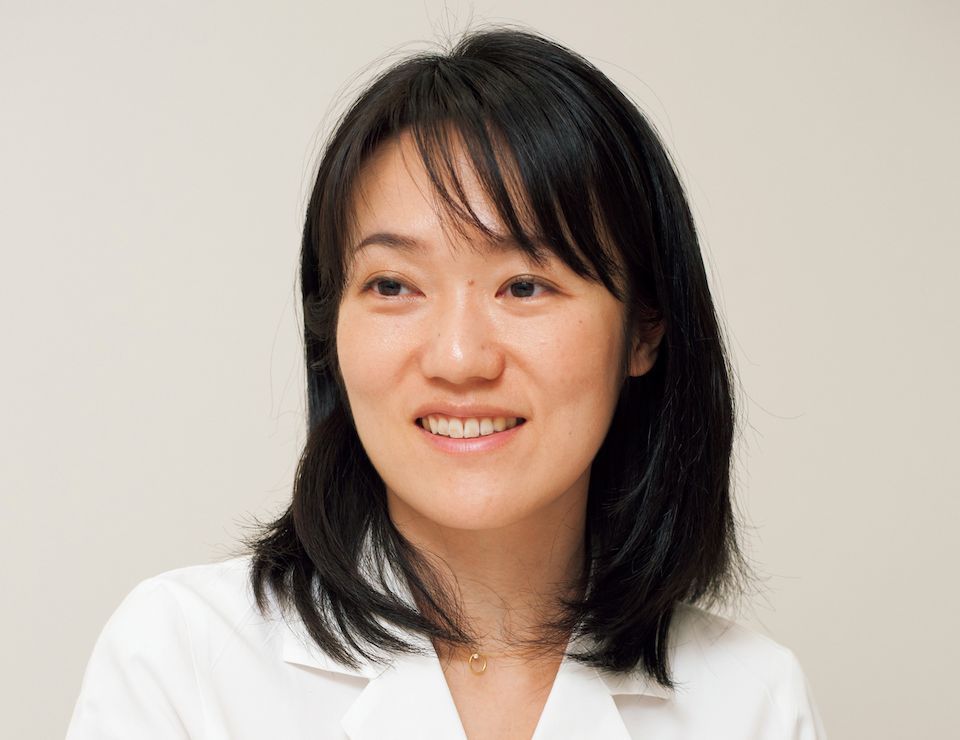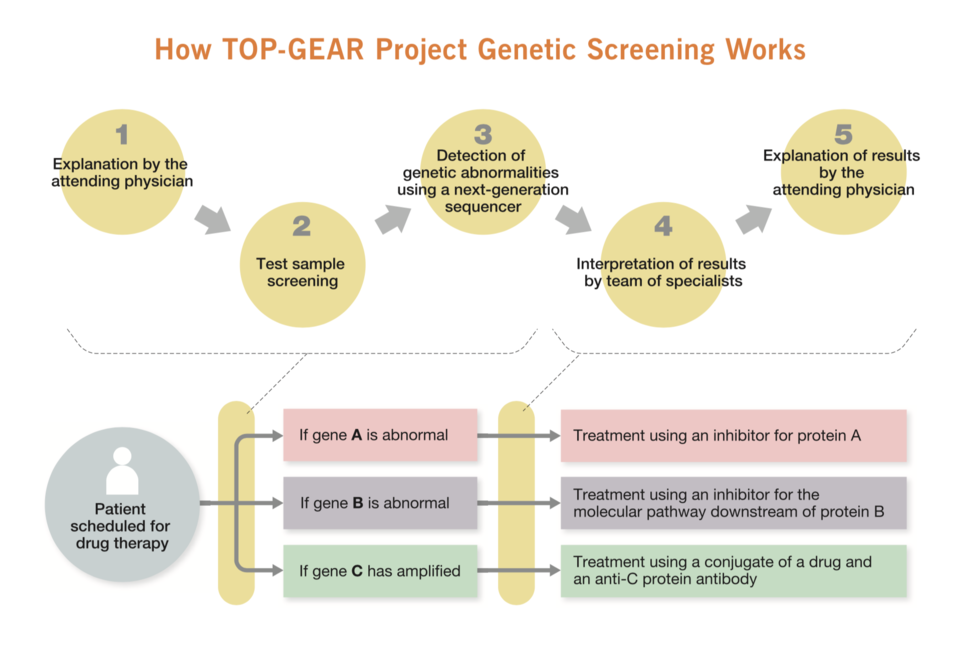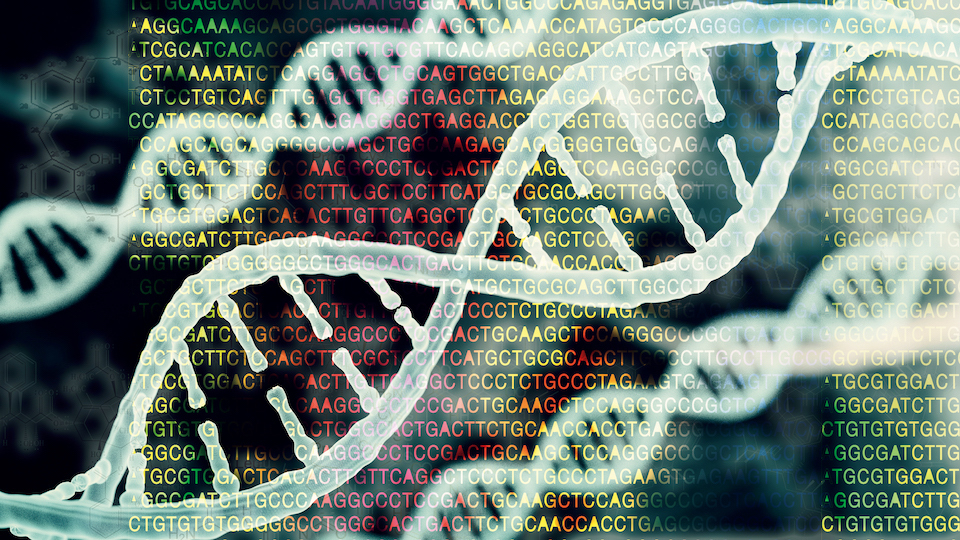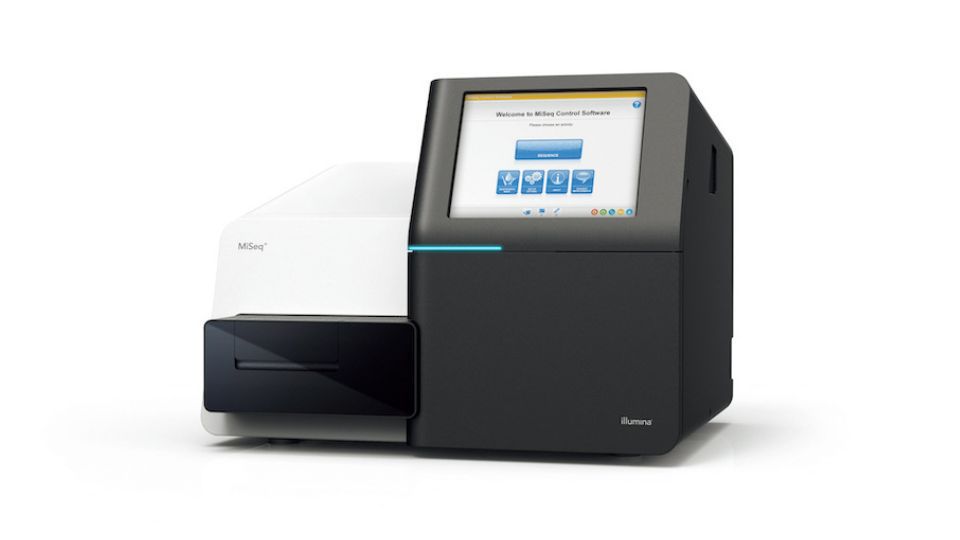In Japan, research into the new field of precision medicine is advancing, and a goal has been set “to achieve good health and longevity,” which is one of Japan’s priority areas for the achievement of Sustainable Development Goals (SDGs)
In terms of being a super- aging society, Japan is ahead of the rest of the world. Facing problems that other nations will confront in the near future, Japan is promoting research into the latest medical technologies, with a goal “to achieve good health and longevity.” One such technology is precision medicine. “Genomic data from the tissue of individual patients are analyzed, and an appropriate treatment is selected based on any genetic abnormalities that are present,” explains Dr. Kuniko Sunami of the National Cancer Center, Japan, which is the leading Japanese institution in this field.
At Japan’s National Cancer Center, several projects are underway to apply precision medicine to cancer, which continues to affect a growing number of people around the world. One of these, TOP-GEAR (Trial of Onco-Panel for Gene-profiling to Estimate both Adverse events and Response), which started in 2013, involves clinical research that uses a next-generation sequencer—a device that reads large amounts of genetic data at one time—with the goal of detecting cancer-related genes and structuring treatments on that basis. So far, about 100 cancer- related genes have been analyzed, and this data has been usefully linked to treatments pertaining to genetic abnormalities in approximately 15% of the patients. This means that the days of “cancer drug therapy” referred to cytotoxic chemotherapy are over, because now therapies such as molecularly-targeted therapy, which is highly tailored to individuals based on genetic data, have become possible.

Dr. Kuniko Sunami is a specialist in genetic diagnosis and therapy in the Department of Pathology and Clinical Laboratories, National Cancer Center Hospital, Japan. She participates in the TOP-GEAR project as a clinician, and is active in outreach and creating awareness for building up a national system for treating cancer based on genomic medicine, which is currently being developed.

The National Cancer Center Hospital—the main hub in Japan for conquering cancer.

Similar therapies are being promoted in other countries, but Japan has the major advantage of having universal health insurance, in which all citizens are enrolled in some kind of medical insurance. In the world today, medical decisions are based on limited sets of data obtained from clinical trials. Under Japan’s health system, it will be possible in the future to establish unprecedented access to health- related real-world data by gathering information from vast numbers of citizens. Sunami points out, “By accumulating data obtained by gene panel screening, we can look forward to new drug designs and treatment methods being developed, and by better analyzing cancer itself, we will be able to prevent and discover it earlier.”
Although gene panel screening for precision medicine is not presently covered by health insurance, there are plans for partial coverage, possibly as early as next year. The stage is being set for full-fledged precision medicine in Japan. This project holds many promises, some obvious, such as allowing the best treatment to be selected for each individual, and others more latent, because by shedding new light on disease itself and suggesting new lines of treatment, it has the potential of contributing to the good health and longevity not only of Japanese citizens, but of people all around the world.


Next-generation sequencer capable of sequencing DNA much faster than earlier models (©Illumina). The National Cancer Center is using this device to create role models for treatment systems.




























